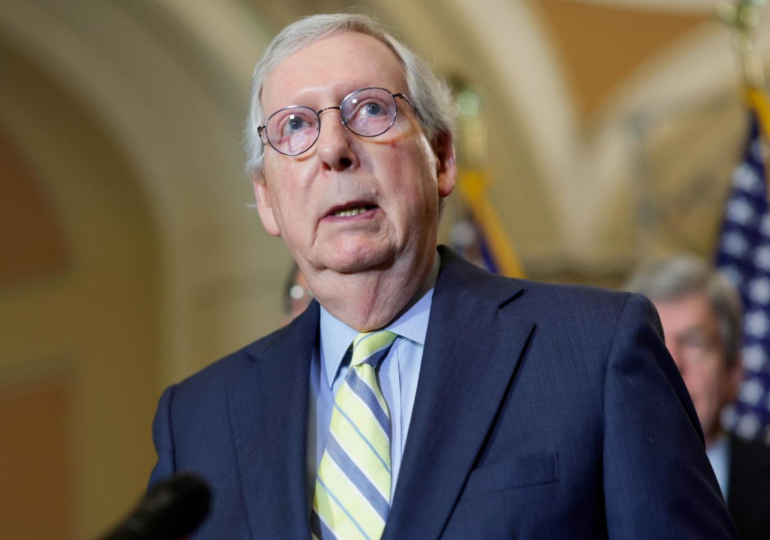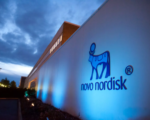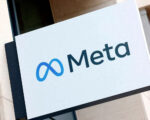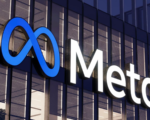Regulatory Conditions Cleared for Novo Holdings’ $16.5 Billion Catalent Acquisition
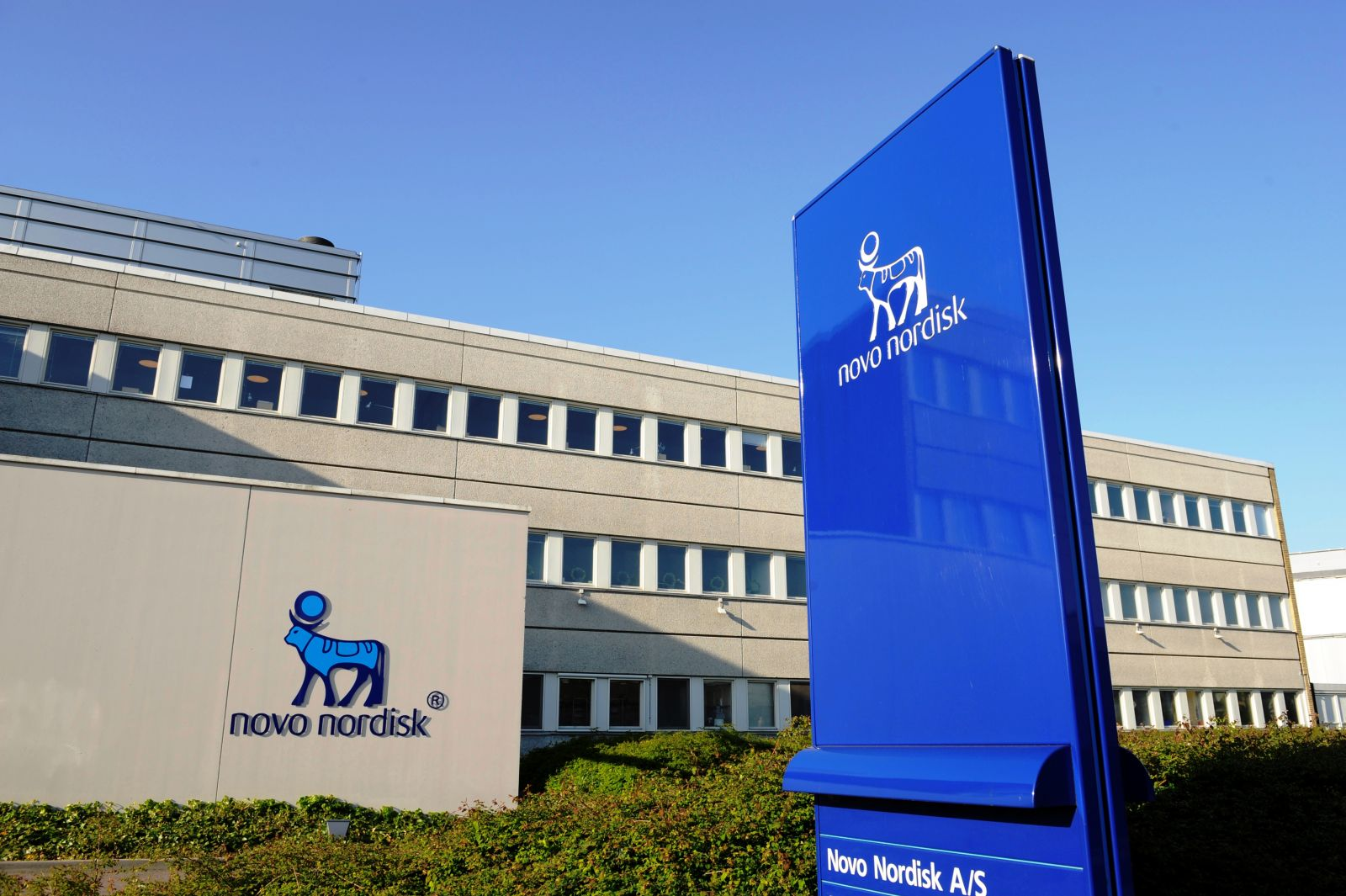
Novo Holdings announced on Saturday that all regulatory conditions for its $16.5 billion acquisition of U.S. contract drug manufacturer Catalent have been fulfilled. The companies anticipate completing the transaction in the coming days.
The acquisition, initially agreed upon in February, is part of Novo Holdings’ strategy to increase production of the blockbuster weight-loss drug Wegovy, developed by its affiliate Novo Nordisk. As part of the agreement, Novo Holdings will sell three of Catalent’s factories located in Italy, Belgium, and the United States to Novo Nordisk for $11 billion. These facilities specialize in filling injection pens under sterile conditions.
Novo Holdings is the controlling shareholder of Novo Nordisk, the Danish pharmaceutical giant behind the popular GLP-1 injectable drug Wegovy. Novo Nordisk stated that while the acquisition aligns with its strategic goals, it is expected to have a mid single-digit negative impact on operating profit growth in 2025. Consequently, the company does not plan to initiate a share buyback program for the year.
Regulatory and Antitrust Scrutiny
The deal has faced close regulatory scrutiny. Earlier in December, the European Commission granted EU antitrust approval, stating that the merger posed no competition concerns within the European Economic Area (EEA).
In the United States, the acquisition drew criticism from consumer groups, labor unions, and policymakers. U.S. Senator Elizabeth Warren urged the Federal Trade Commission (FTC) to scrutinize the deal, citing potential concerns. The FTC had requested additional information on the acquisition in May, but no further updates have been issued.
Strategic Implications
The transaction underscores Novo Holdings’ commitment to expanding its role in the manufacturing and distribution of high-demand pharmaceuticals. By integrating Catalent’s production capabilities, Novo Holdings aims to meet the growing demand for weight-loss treatments while maintaining compliance with global competition regulations.



